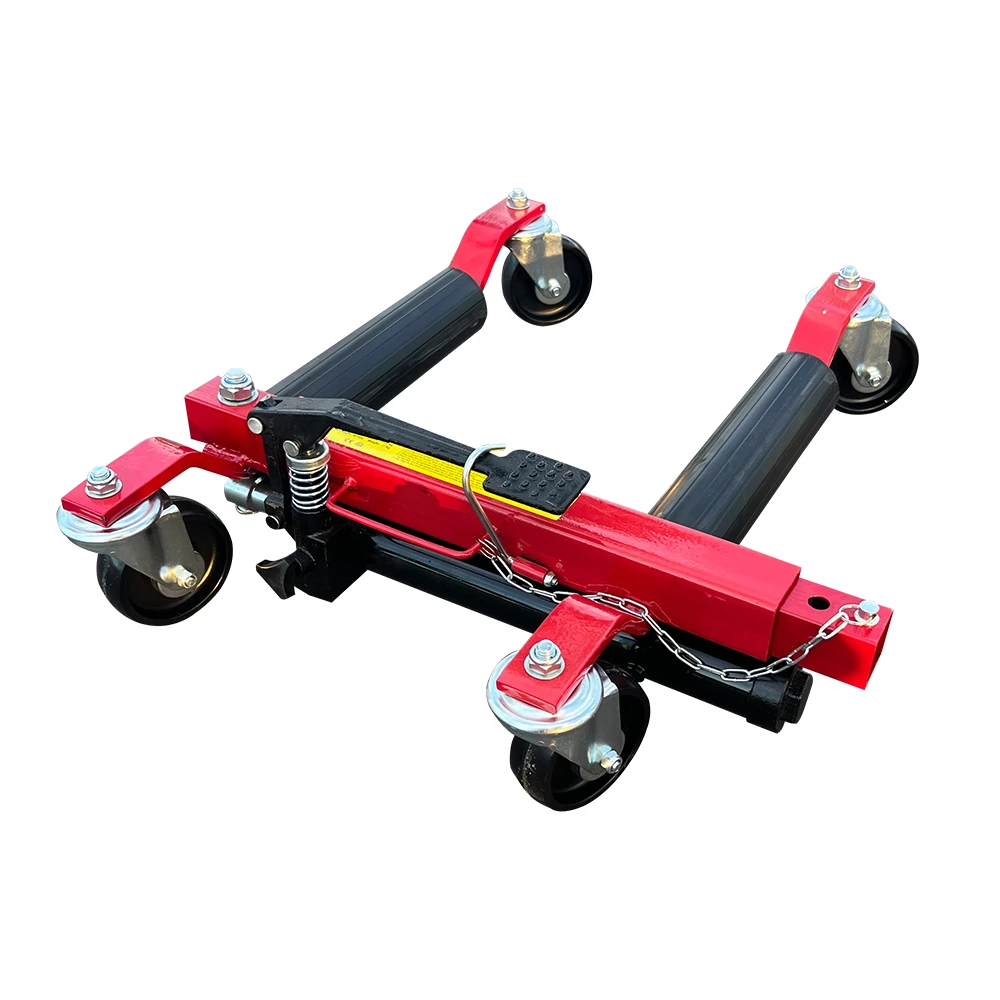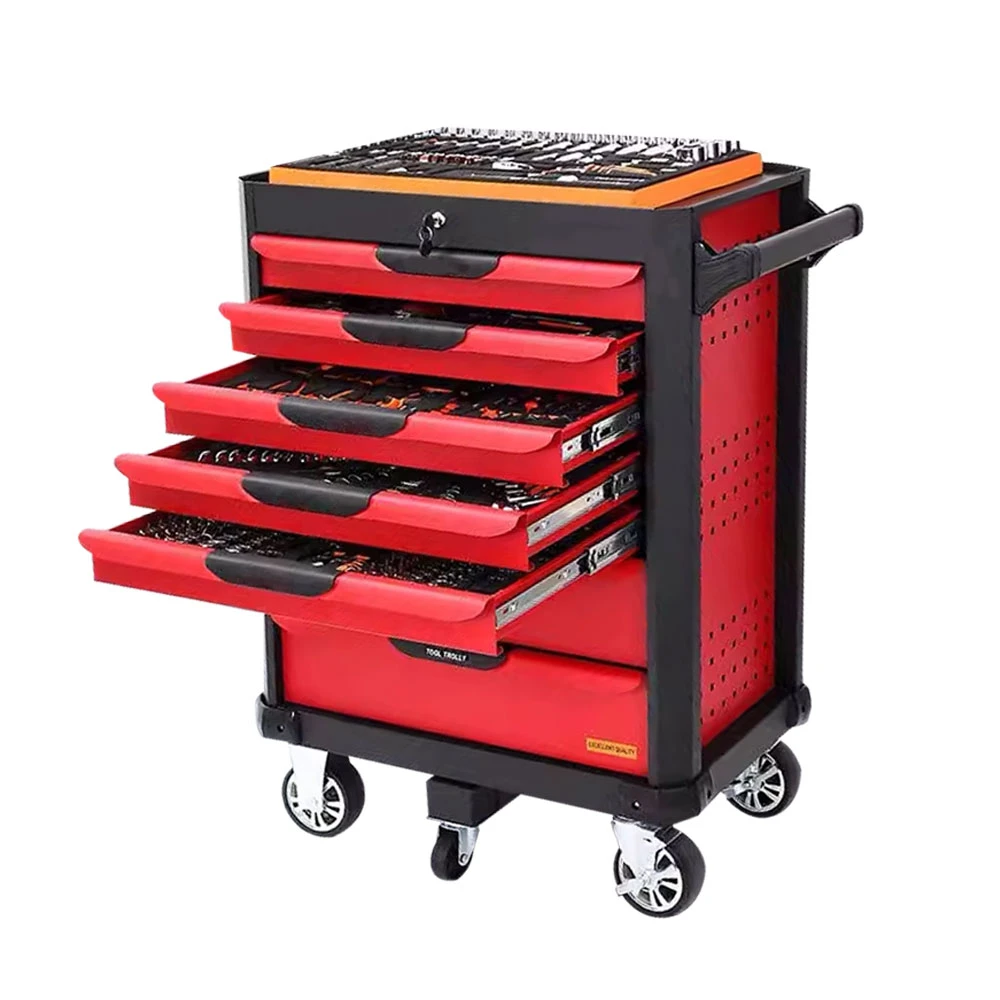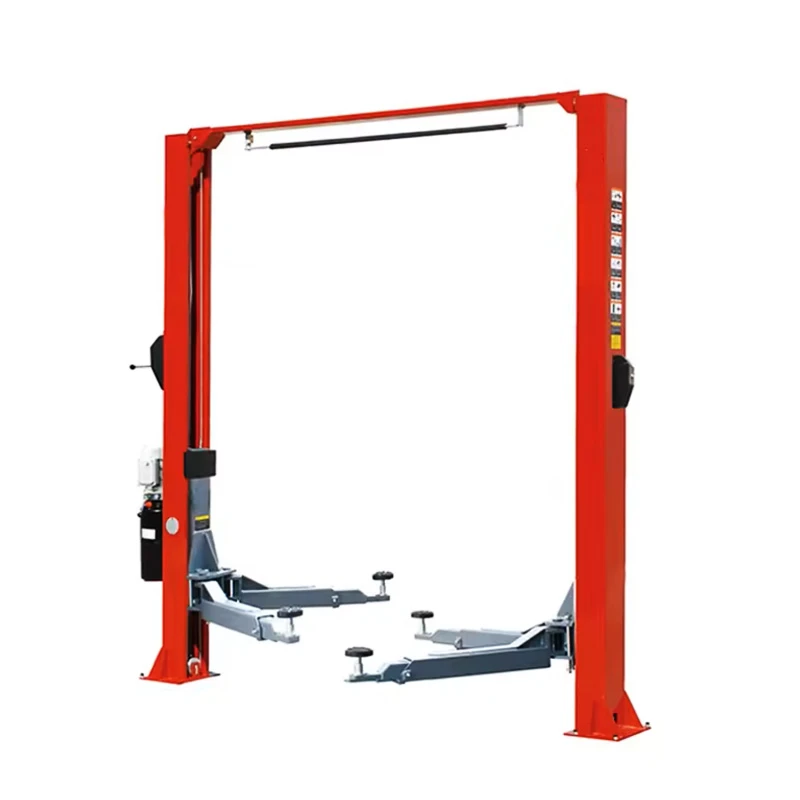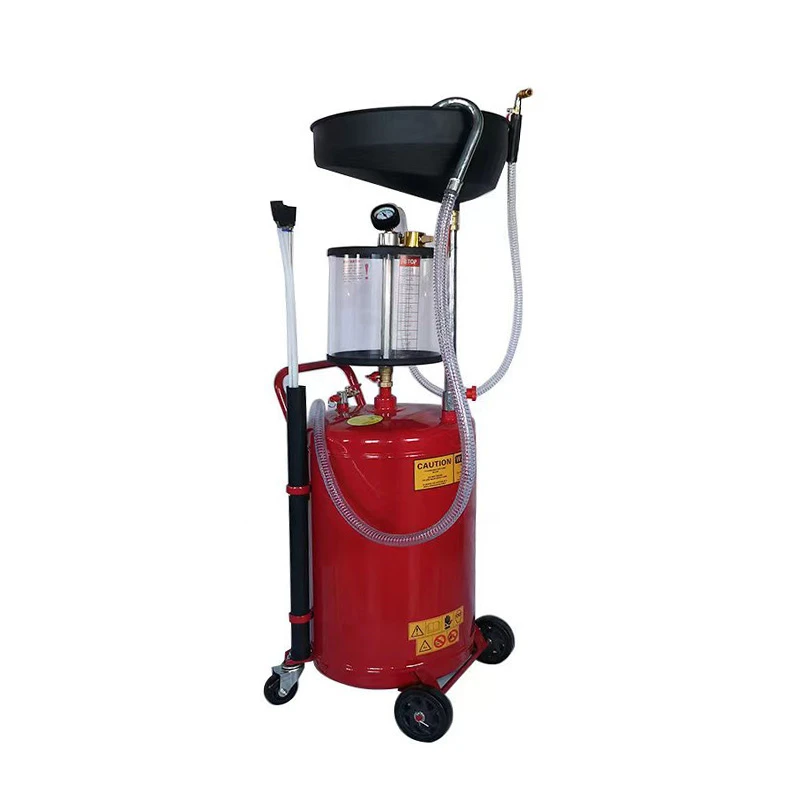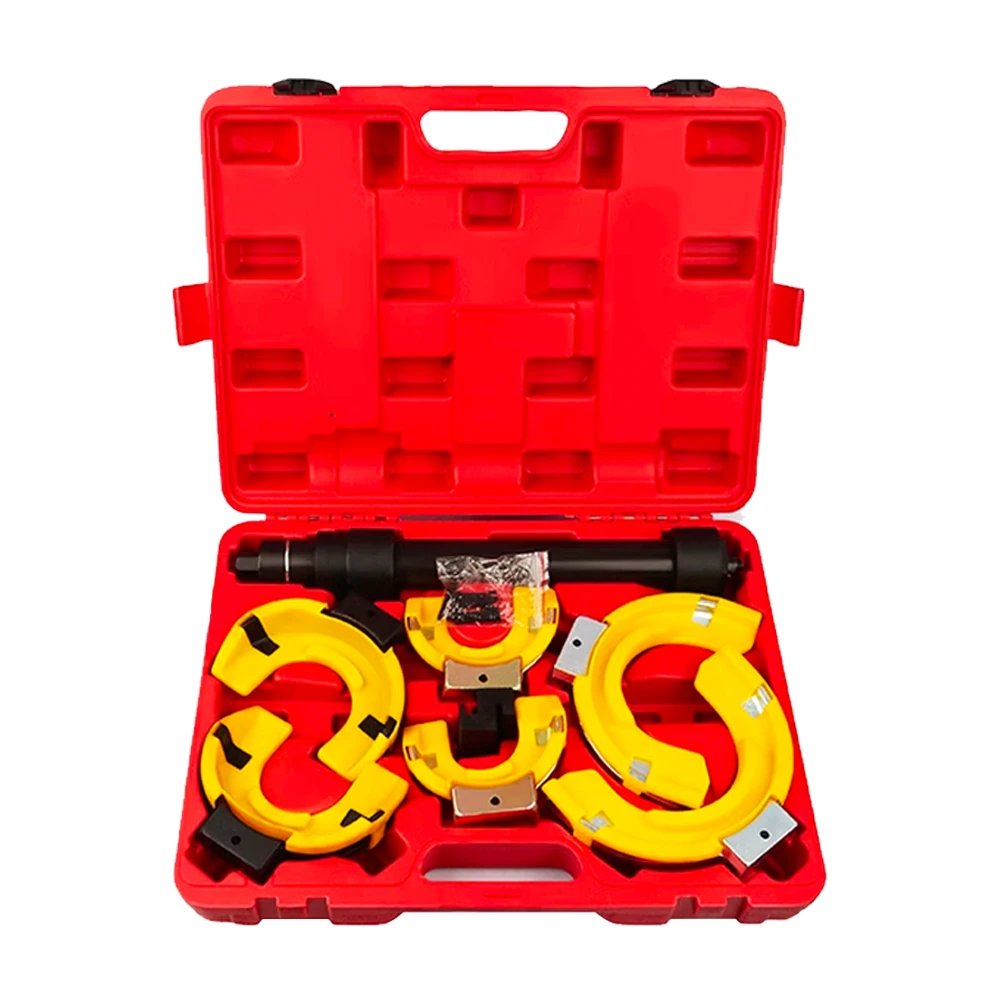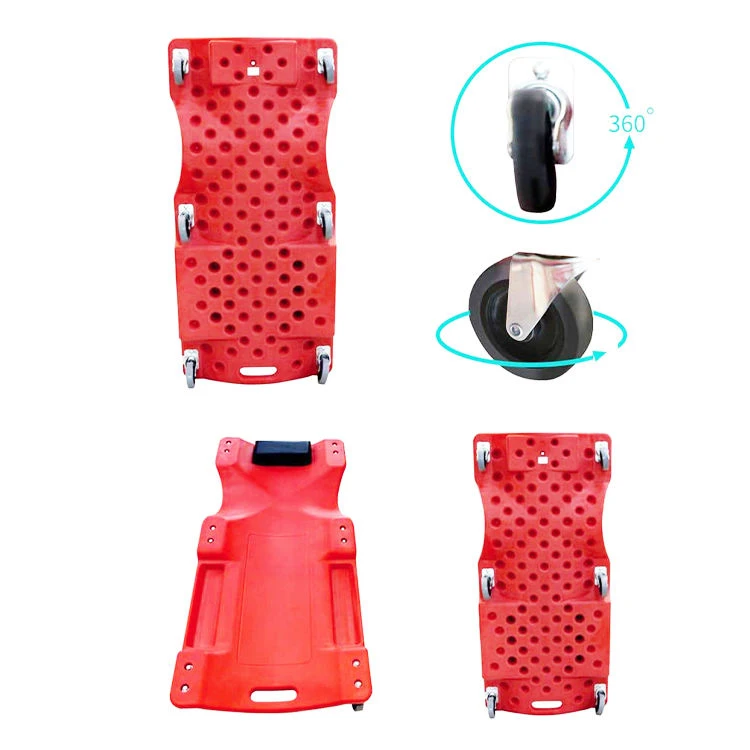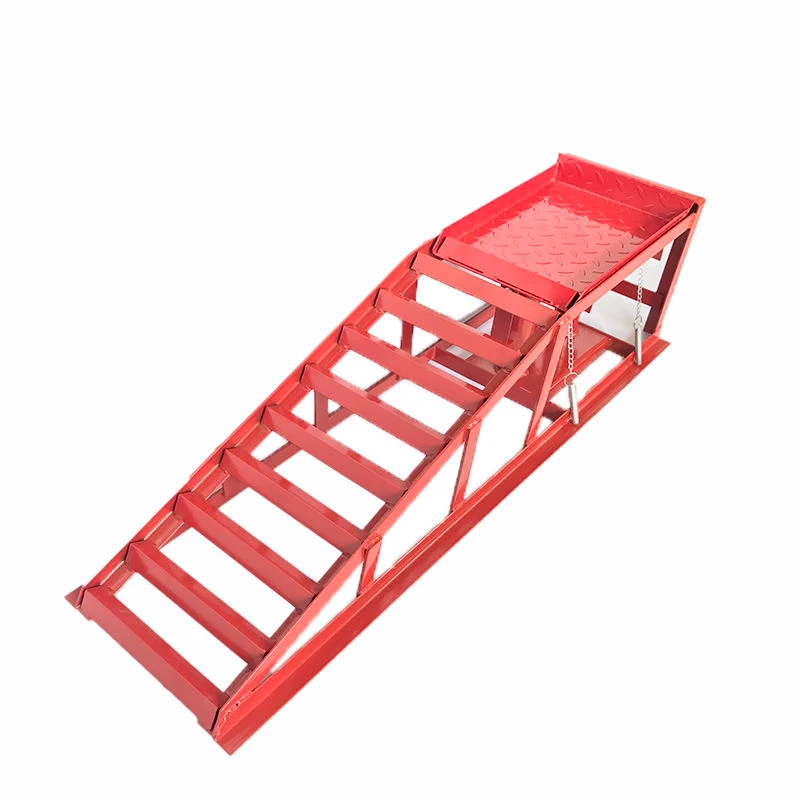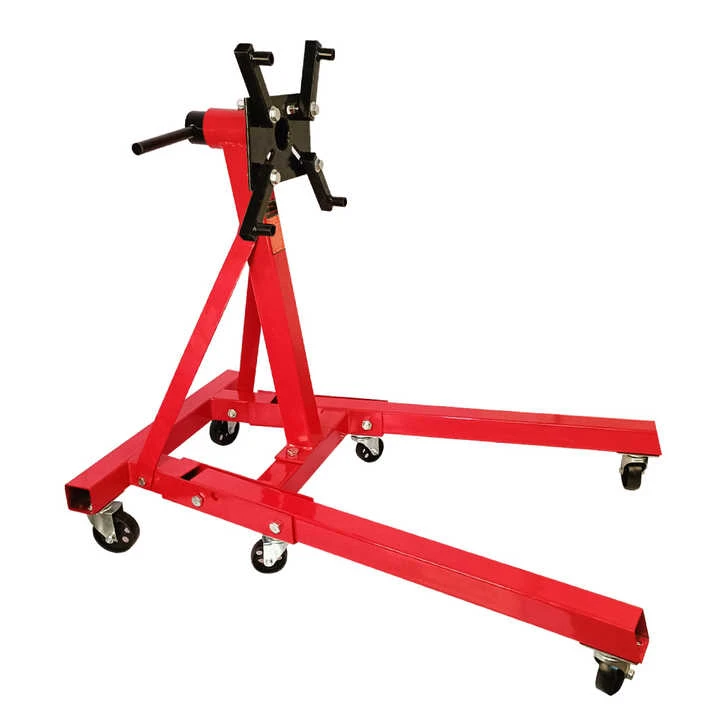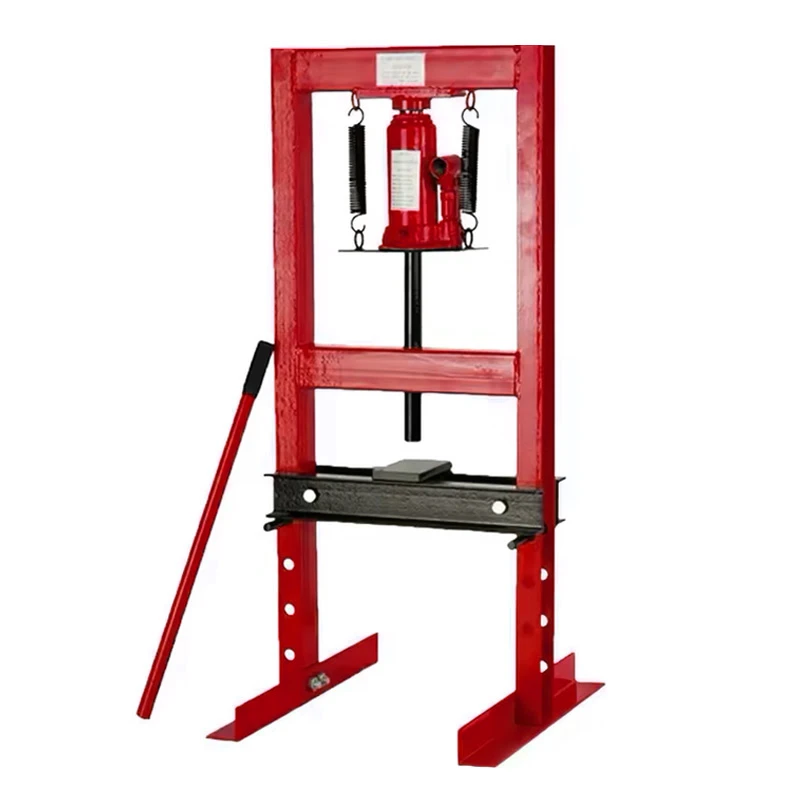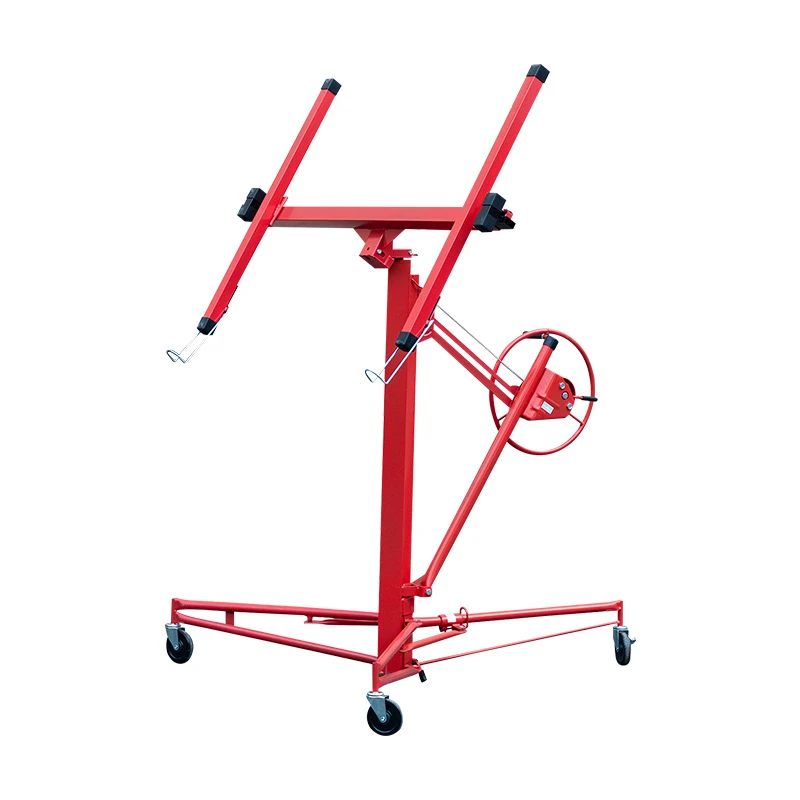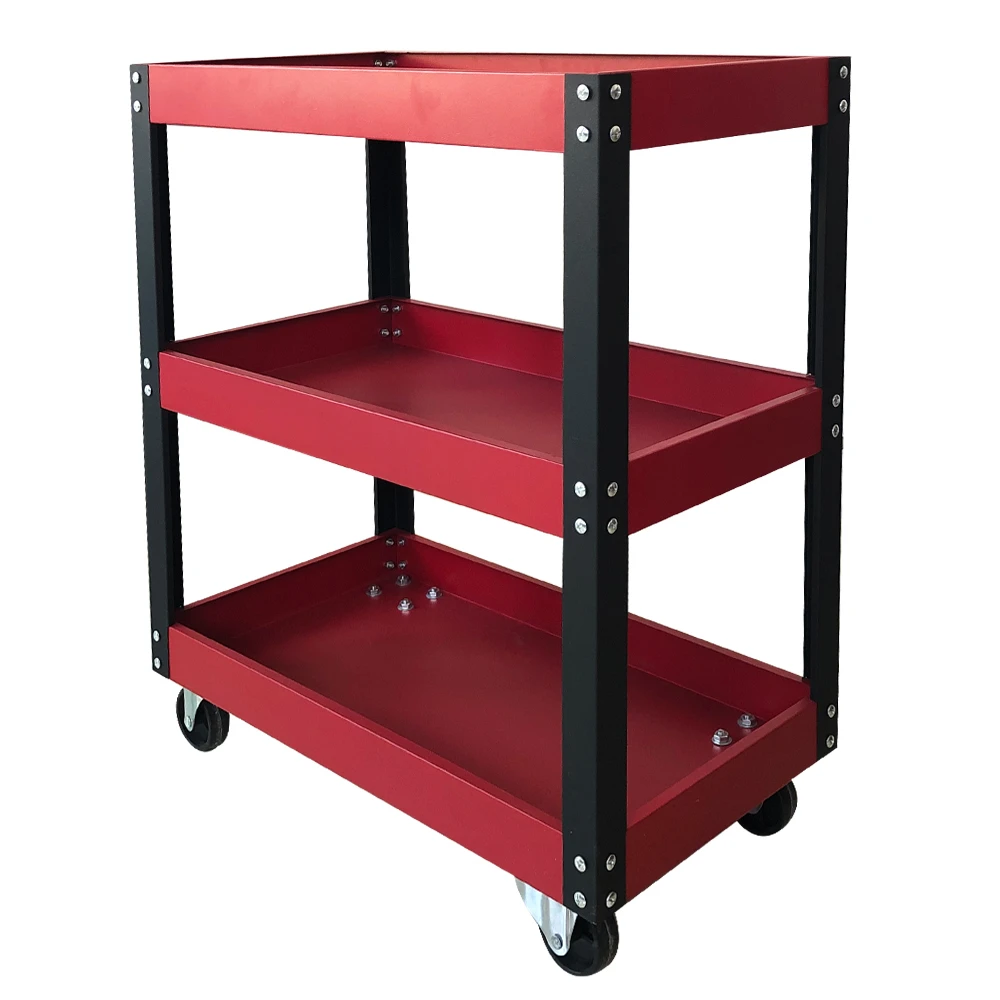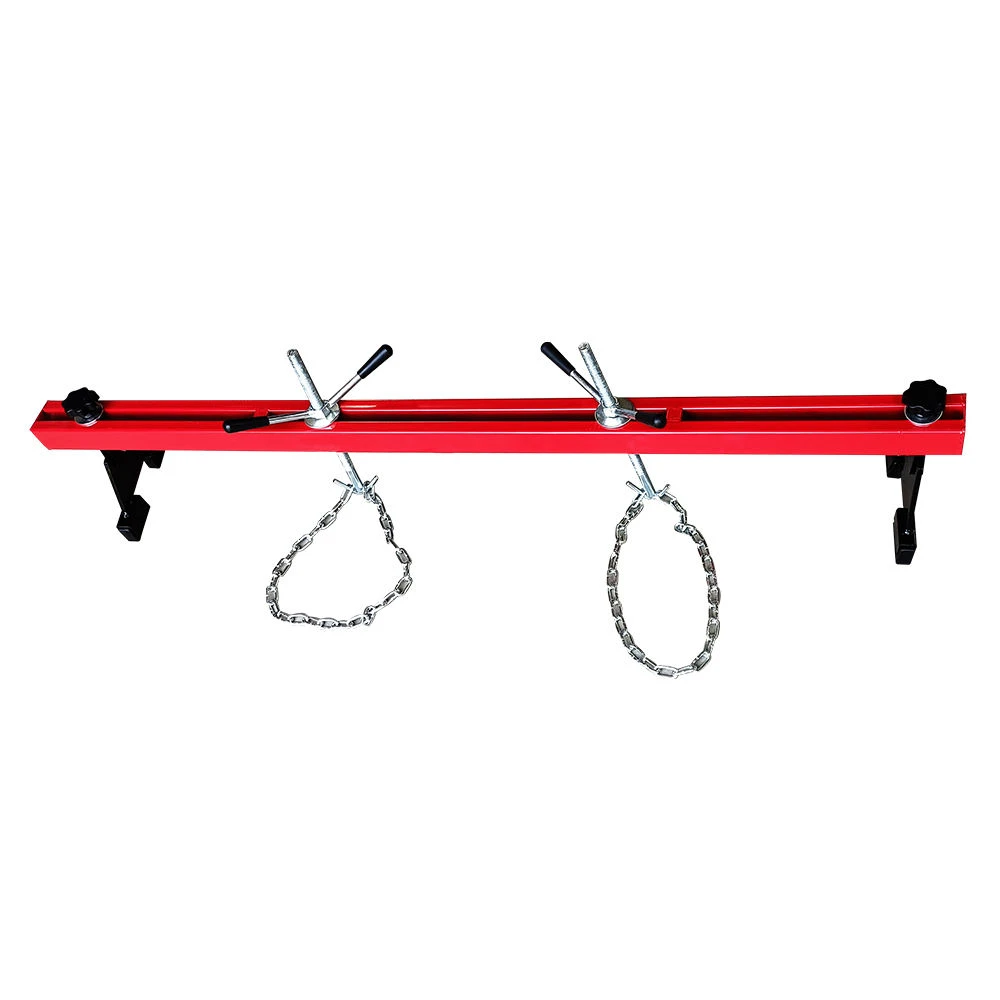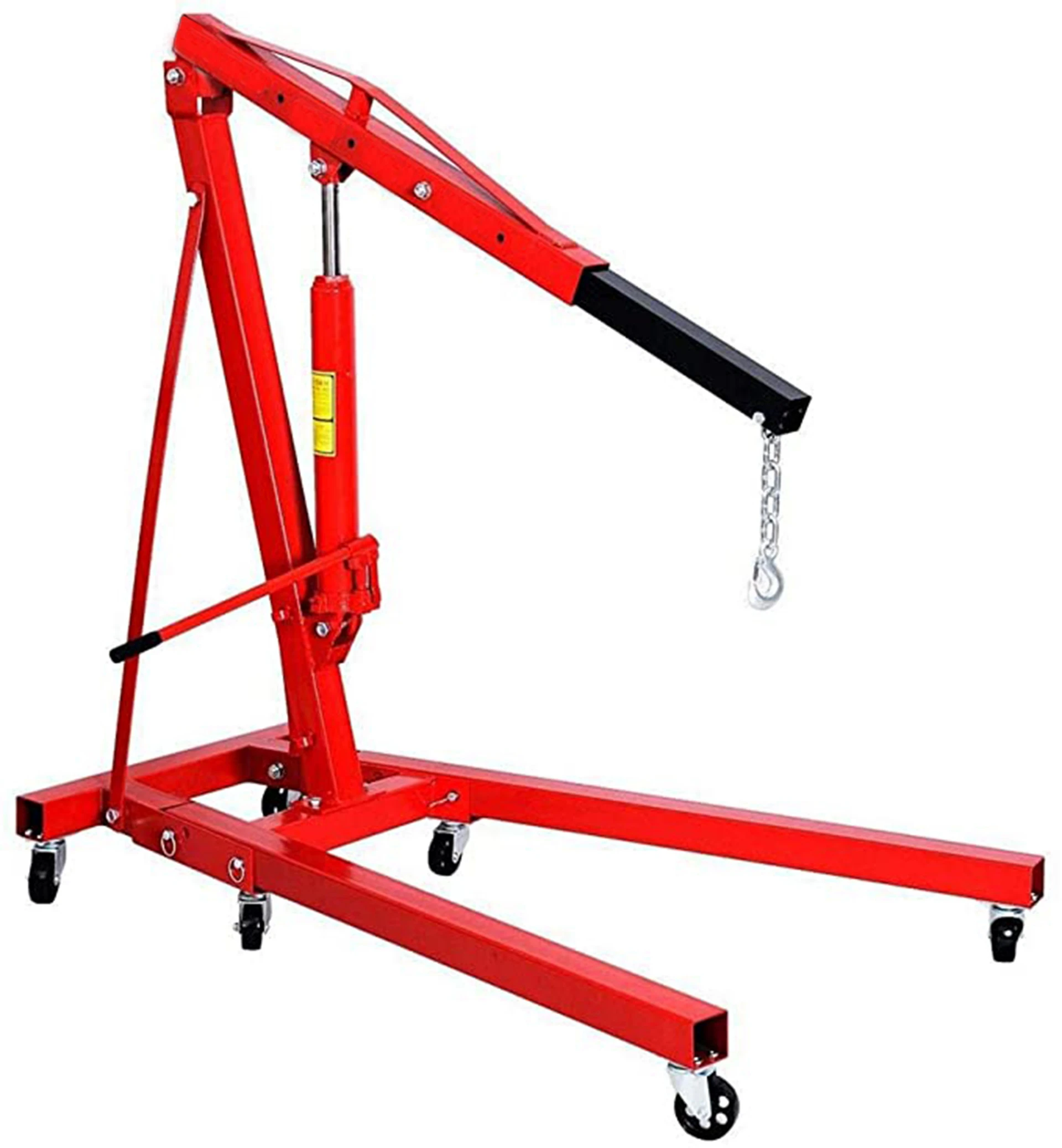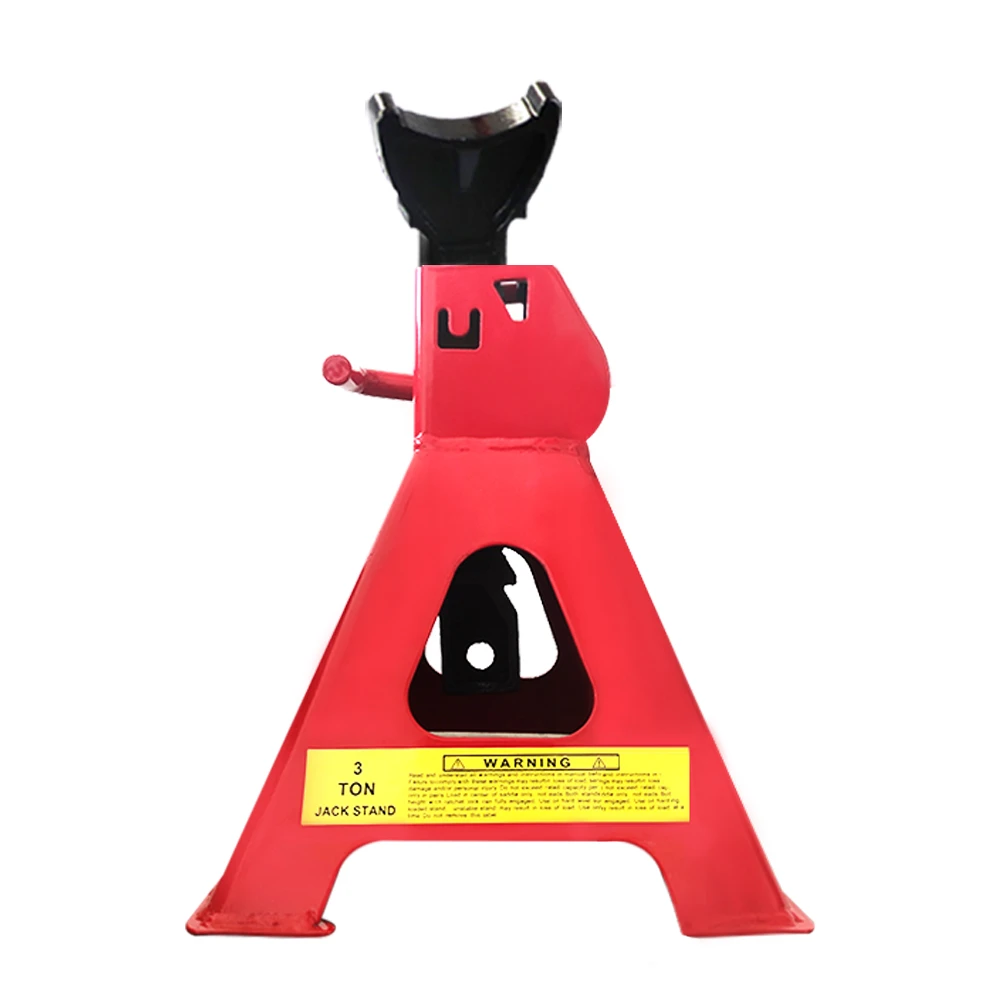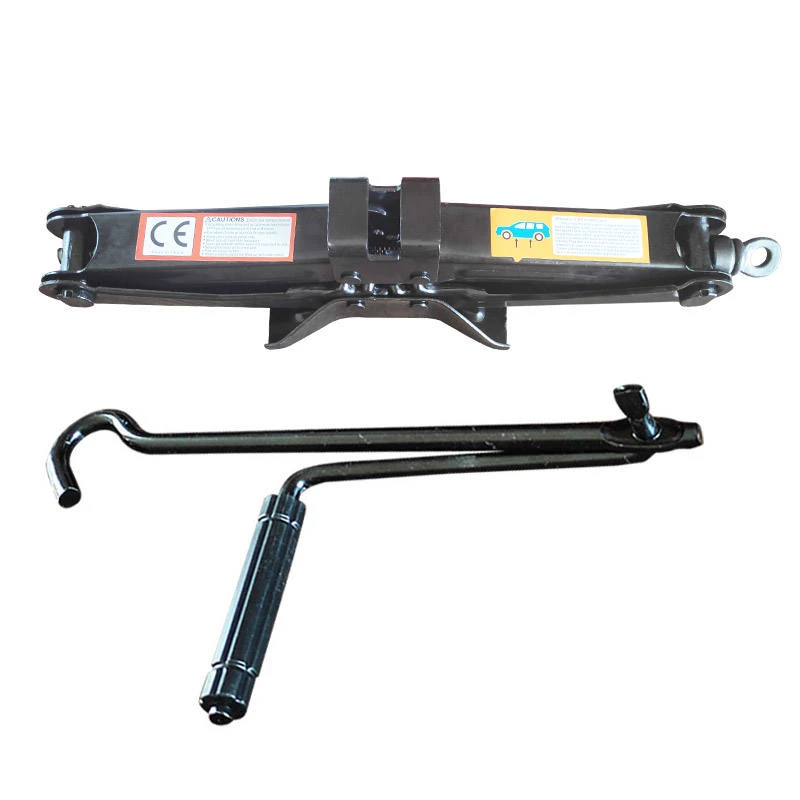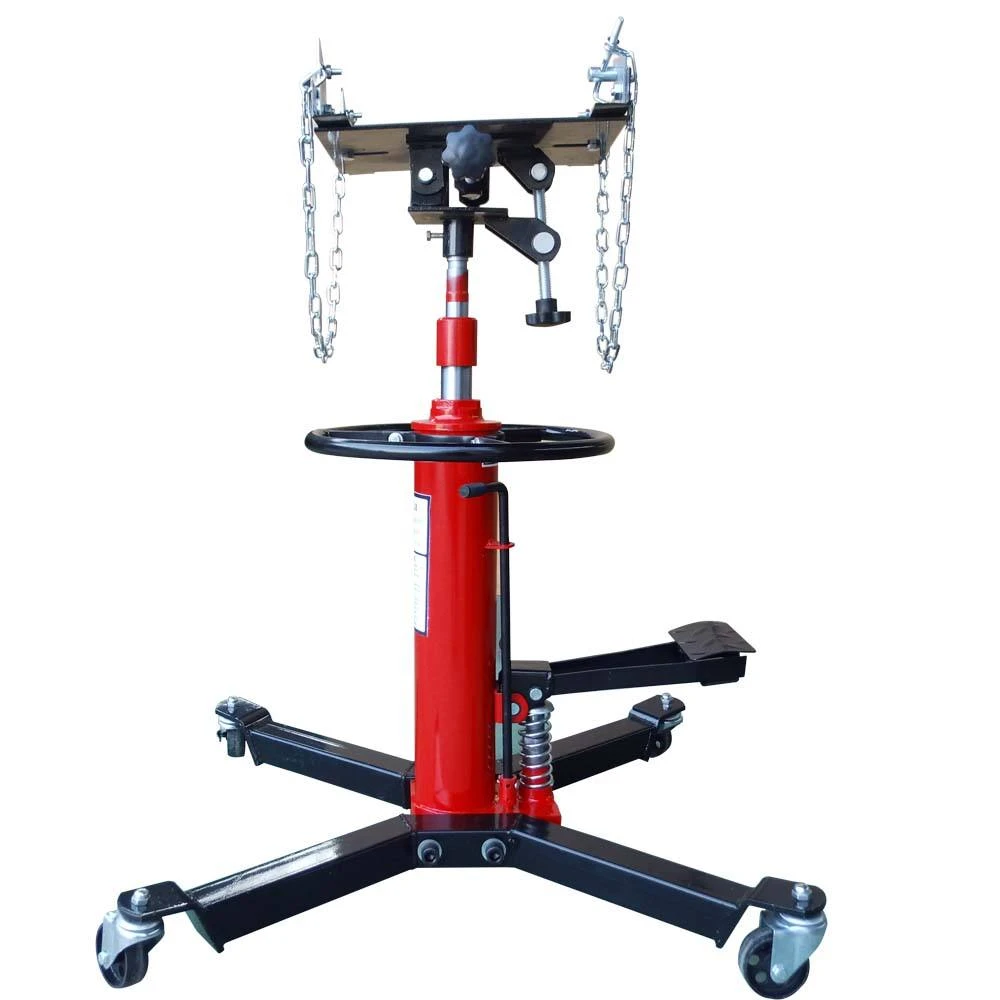Car Jacks: A Key Tool for Vehicle Maintenance and Repair
A car jack is an essential tool for anyone who performs vehicle maintenance or repair. Whether you're changing a tire, performing undercarriage inspections, or making repairs, a reliable car jack is crucial for safely lifting your vehicle. In this article, we'll explore different types of car jacks, their uses, and important considerations when purchasing one.
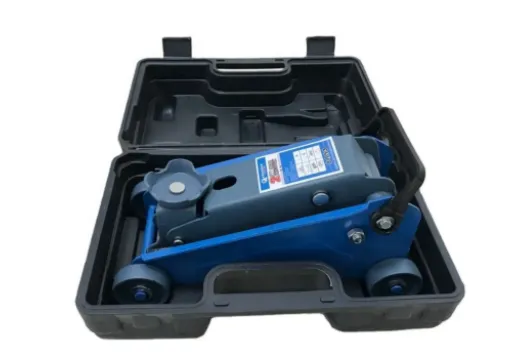
What is a Car Jack?
A car jack is a mechanical device used to lift a vehicle off the ground. Typically, car jacks are used in scenarios like changing flat tires, checking the underside of a vehicle, or performing routine maintenance tasks like brake or suspension repair. Car jacks come in various types, from basic scissor jacks to more complex hydraulic jacks, and each has unique features suited for different needs.
Types of Car Jacks
Scissor Jack
- Scissor jacksare among the most common and affordable types of car jacks. They use a mechanical scissor mechanism to lift the car when the jack handle is turned. They are lightweight and easy to use, making them perfect for emergencies when you need to change a tire. However, their lifting capacity and height may be limited compared to other jacks.
Hydraulic Jack
- Hydraulic jacksuse hydraulic fluid to generate force that lifts the vehicle. These jacks are known for their high lifting capacity and ability to raise vehicles with minimal effort. They are often used in workshops and garages for more demanding tasks, such as undercarriage repairs or maintenance of larger vehicles. Hydraulic floor jacks are commonly used for routine maintenance and can be used on vehicles of various sizes.
Bottle Jack
- A bottle jackis a compact, high-lifting device that uses hydraulic pressure to lift a vehicle. Its name comes from its shape, which resembles a bottle. Bottle jacks are typically more compact than hydraulic floor jacks and are suitable for lifting heavy-duty vehicles or when a higher lifting range is required. However, they are not as stable for long-term vehicle support as other types of jacks.
Pneumatic Jack
- Pneumatic jacksoperate using compressed air to lift the vehicle. These jacks are ideal for heavy-duty applications in industrial or professional environments, as they can lift large vehicles quickly and with less manual effort. However, pneumatic jacks require a source of compressed air, making them less portable than other types.
Trolley Jack
- Trolley jacks, or floor jacks, are versatile and commonly used in professional garages. These jacks feature a low profile, which allows them to fit under most vehicles, and their large, rolling wheels make them easy to maneuver. Trolley jacks are great for lifting cars and SUVs for tire changes and maintenance.
How to Choose the Right Car Jack
When purchasing a car jack, there are several factors to consider:
Weight Capacity
- Always ensure that the jack you choose can handle the weight of your vehicle. Most passenger vehicles will require a jack with a lifting capacity of at least 2 tons, while larger trucks and SUVs may require a jack rated for 3 to 5 tons. Always check the weight capacity listed on the jack's specifications.
Lifting Height
- Different jacks offer varying lifting heights. Be sure to choose a jack that provides sufficient lifting height to easily raise your vehicle high enough to perform the necessary tasks, such as changing tires or inspecting the undercarriage. Check the jack's maximum height before purchasing.
Portability
- Consider how easy it will be to store and transport the jack. For emergency roadside use, a lighter, more compact jack like a scissor jackmay be sufficient. However, for workshop use, a hydraulic floor jack or trolley jack might be more appropriate due to their lifting capacity and stability.
Ease of Use
- Some jacks are easier to operate than others. Hydraulic jacksare often easier to use than manual jacks like scissor jacks since they require less physical effort. However, scissor jacks are simple to use and are often included with vehicles for emergency situations. Choose a jack based on your level of experience and the complexity of your maintenance tasks.
Durability and Construction
- It's essential to select a jack that is built to last. Look for jacks made from durable materials like steel or heavy-duty aluminum. If you're working on heavier vehicles, opt for a jack with reinforced construction for additional stability and safety.
Why Should You Buy a Car Jack?
Owning a car jack provides several advantages for vehicle maintenance:
Cost Savings
- Having your own car jack can save you time and money. Instead of relying on a professional mechanic for tasks like changing a flat tire, you can handle basic maintenance and repairs on your own.
Convenience
- A car jack provides the convenience of being able to perform emergency repairs anywhere. Whether you're on the side of the road or in your garage, having a car jack ensures that you can quickly and safely lift your vehicle.
Safety
- Having a reliable car jack is essential for safety. When used properly, car jacks allow you to work under your vehicle without putting yourself in danger. Always make sure the vehicle is securely supported by a jack stand before working underneath it.
A car jack is an essential tool for anyone who performs vehicle maintenance. Whether you're changing a tire, performing undercarriage repairs, or lifting your vehicle for any reason, selecting the right car jack can make the job easier, faster, and safer. Always consider factors like weight capacity, lifting height, and ease of use when purchasing a jack. Additionally, be sure to buy from a reputable source to ensure you're getting a high-quality and durable product.
Products categories
Latest News
-
Unlock the Power of the Spring Compressor for Your Projects
NewsApr.01,2025 -
Unlock the Power of Safe and Efficient Compression with the Spring Compressor
NewsApr.01,2025 -
Unlock Maximum Efficiency with the Spring Compressor
NewsApr.01,2025 -
Maximize Efficiency and Safety with the Spring Compressor
NewsApr.01,2025 -
Discover the Efficiency of the 2 Ton Foldable Shop Crane: A Must-Have for Auto Repair and More
NewsApr.01,2025 -
Discover the Best Spring Compressor for Your Needs
NewsApr.01,2025 -
Unlock the Full Potential of Your Workspace with the Tools Trolley
NewsMar.21,2025
